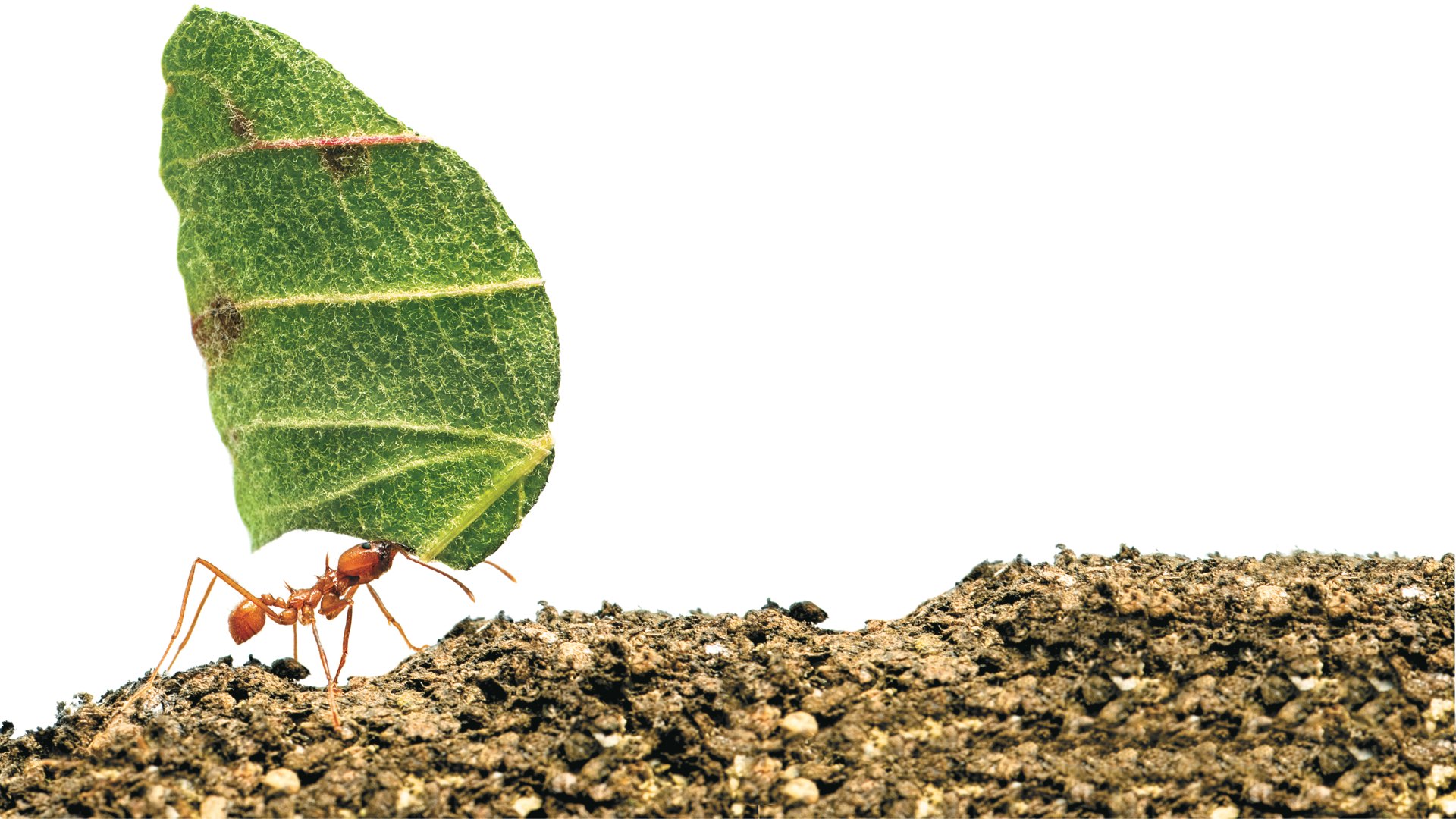Ants are persistent little creatures that can be hard to get rid of, but Alyssa Stark, PhD, assistant professor of Biology, actually seeks them out because she thinks there is a lot to be learned from their literal ability to stick it out.
“I am interested in the application of bio-inspired design and biomimicry to real-world problems,” Dr. Stark says. “I apply the insights I glean from the mechanistic, performance and behavioral attributes of natural adhesive systems to synthetic adhesive systems.”
Dr. Stark and her research colleague, Stephen Yanoviak, PhD, from the University of Louisville, studied adhesive performance of one species of tropical canopy ant in Panama when sticking to glass, plastic and wood substrates under dry and wet conditions, replicating the highly variable conditions of the tropical canopy. What she learns from ants — as well as from other research into the adhesive qualities of geckos and sea urchins — has vast potential for the creation of sustainable forms of adhesives.
“I am excited by the application of the natural world to solve our own problems. … On a small scale, a takeaway from my research may be if and when ants can stick to hot surfaces,” she says. “On a broader scale, my research supplies knowledge for multiple fields to learn from and apply to improve the world around us.”
Observation of ant adhesiveness in the laboratory
VIDEO: Alyssa Stark, PhD
“
Nature is truly an unlimited supply of inspiration.”
Alyssa Stark, PhD
Dr. Stark works closely with students on her research. She has several students working on gecko running and adhesion experiments in the lab and another focused on sea urchin adhesion in the field on the northern coast of California.
Collecting sea urchins in California with Villanova University Biology Undergraduate Research Fellow @knaught_ and Dr. Michael Russell! @VU_Biology pic.twitter.com/dhMAfkB5Y8
— Alyssa Y. Stark (@AlyssaYStark) July 18, 2019
